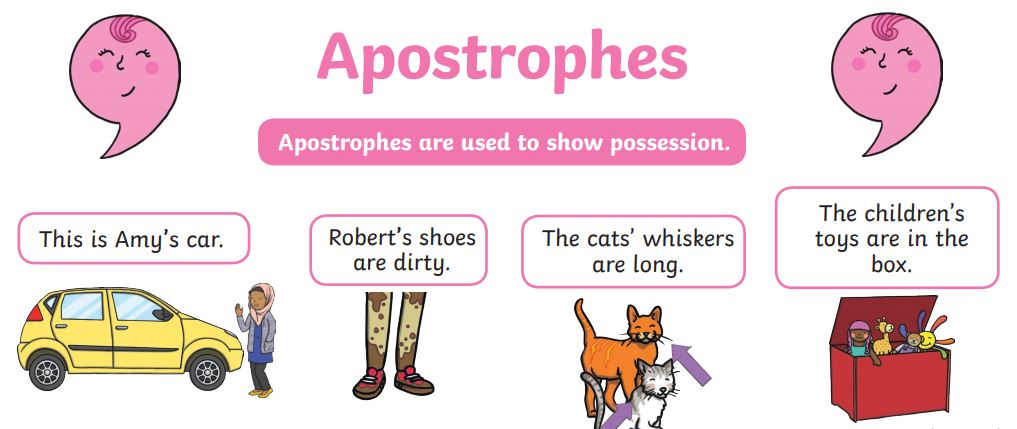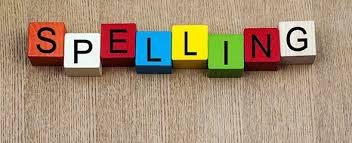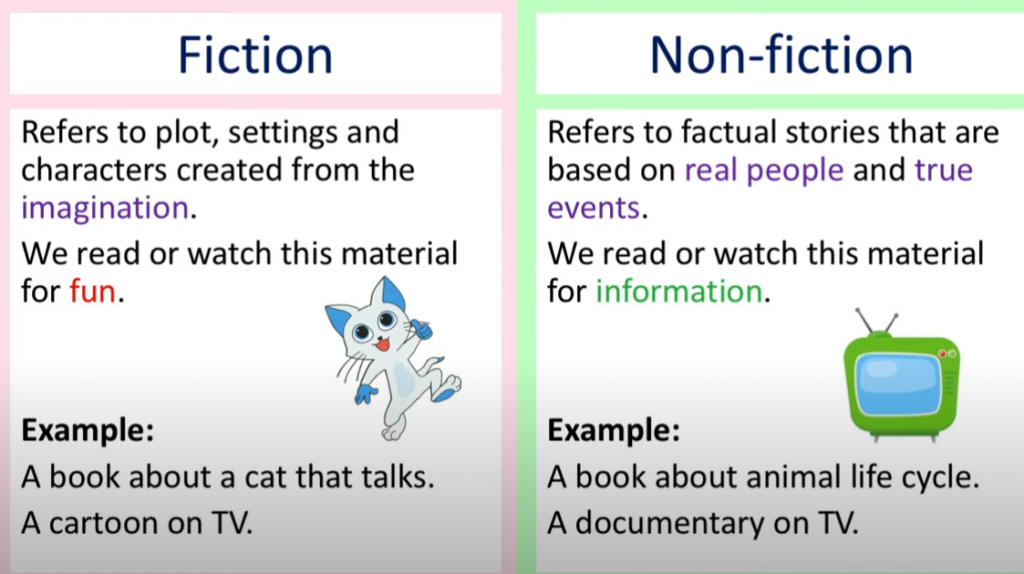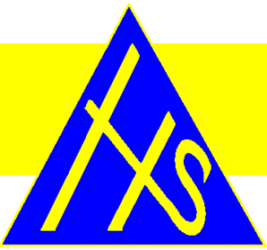
Monday 7th March
In class, we have been looking at nouns. This poster helps to explain what they are. Are there any more things you can think of to add to this list.

Watch this BBC Bitesize clip, and then do the activities afterwards.

Please practise your handwriting. There is a join for you to have a go at, so that our writing can become faster and more fluent.
We have a VIRTUAL LIBRARY page. Here you have access to a range of other texts to read. You can choose from fiction or non-fiction. If you choose a book that you like, but might be a little too hard, ask if someone else can share it with you.
Click here to see a range of ideas for questions you can ask your child about the text they are reading.
Tuesday 8th March
Yesterday, there was work on nouns, today we are looking at verbs. If we were doing art work, these might be verbs we could use when creating our art.

Watch this BBC Bitesize clip to find out more about verbs. Do the activities afterwards.
Most verbs will have -ed added to them when they change to the past tense. The following verbs are called irregular verbs as they do not follow this rule. Can you find the matching pairs (one yellow present tense verb will match one white past tense verb). Click here to find the worksheet.
Wednesday 9th March
Last week we looked at using the possessive apostrophe so that we can show in our writing what belongs to whom.

It is a difficult thing to understand, so watch this video to give you some extra help.
Write out these sentences and change them to show what belongs to whom.
- The chair belonging to the old man = The old man’s chair.
- The crown belonging to the Queen =
- The frying pan belonging to the chef =
- The slime belonging to the snail =
- The whistle belonging to the teacher =
Thursday 10th March

Some more handwriting to practise this week. Try this join, so that it becomes fluent and easy to write.
.

Today there are some word-searches for you to do. You can complete them online or print out the sheet. Each set of Key Word spellings has its own word-search, so choose whether you do Reception words and Year 1 words, Year 2 words or Year 3 words.
Wordsearch sheets to print – Reception and Year 1 words Year 2 words Year 3 words
Friday 11th March
In class, we have been doing some work on fiction and non-fiction books. Watch this video 1 to help you to know the differences between the two types of books.


This video 2 lists the different features of a non-fiction text.
Looking at these book covers, do you think they are fiction/stories or non-fiction/facts?



